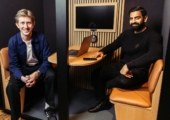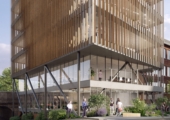To provide the best experiences, we use technologies like cookies to store and/or access device information. Consenting to these technologies will allow us to process data such as browsing behaviour or unique IDs on this site. Not consenting or withdrawing consent, may adversely affect certain features and functions.
The technical storage or access is strictly necessary for the legitimate purpose of enabling the use of a specific service explicitly requested by the subscriber or user, or for the sole purpose of carrying out the transmission of a communication over an electronic communications network.
The technical storage or access is necessary for the legitimate purpose of storing preferences that are not requested by the subscriber or user.
The technical storage or access that is used exclusively for statistical purposes.
The technical storage or access that is used exclusively for anonymous statistical purposes. Without a subpoena, voluntary compliance on the part of your Internet Service Provider, or additional records from a third party, information stored or retrieved for this purpose alone cannot usually be used to identify you.
The technical storage or access is required to create user profiles to send advertising, or to track the user on a website or across several websites for similar marketing purposes.






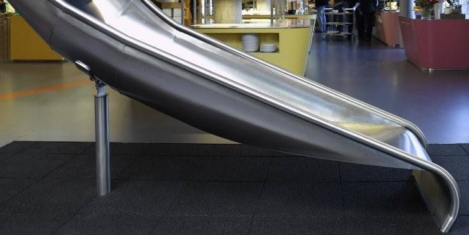
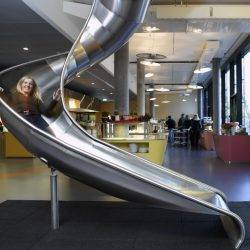






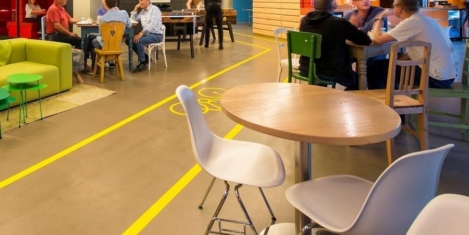
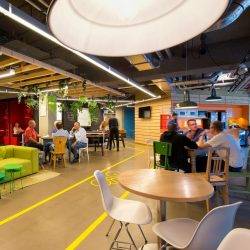
 The number of large scale Internet of Things (IoT) projects have doubled in the last year, as projects move from small pilots to global rollouts, according to Vodafone’s fifth annual IoT Barometer Report. The range of benefits that users are getting from IoT is also widening as adoption increases – greater business insights, reduced costs and improved employee productivity top the list globally. Large scale users report some of the biggest business gains with 67 percent of them highlighting significant returns from the use of IoT. Energy and utility companies are at the forefront of the largest IoT projects worldwide, with applications such as smart meters and pipeline monitoring. Security in IoT is still the biggest barrier for organisations regarding deployment. However, in companies with 10,000 or more connected devices in operation only 7 percent say security is their top worry. Organisations are taking more steps to tackle security concerns including an increase in security training for existing staff, working with specialist security providers and recruiting more IT security specialists.
The number of large scale Internet of Things (IoT) projects have doubled in the last year, as projects move from small pilots to global rollouts, according to Vodafone’s fifth annual IoT Barometer Report. The range of benefits that users are getting from IoT is also widening as adoption increases – greater business insights, reduced costs and improved employee productivity top the list globally. Large scale users report some of the biggest business gains with 67 percent of them highlighting significant returns from the use of IoT. Energy and utility companies are at the forefront of the largest IoT projects worldwide, with applications such as smart meters and pipeline monitoring. Security in IoT is still the biggest barrier for organisations regarding deployment. However, in companies with 10,000 or more connected devices in operation only 7 percent say security is their top worry. Organisations are taking more steps to tackle security concerns including an increase in security training for existing staff, working with specialist security providers and recruiting more IT security specialists.
 Research published to mark the beginning of
Research published to mark the beginning of 











